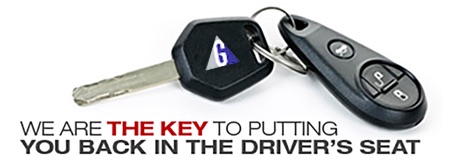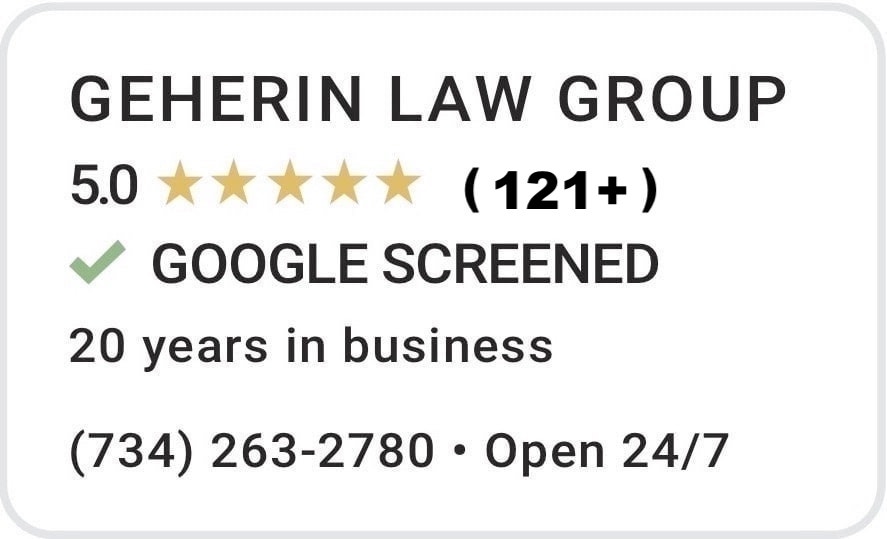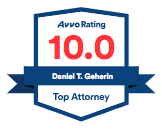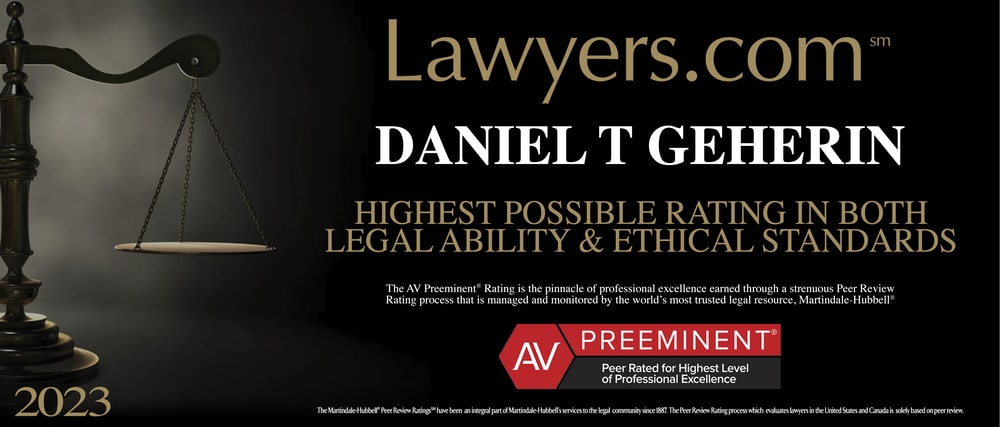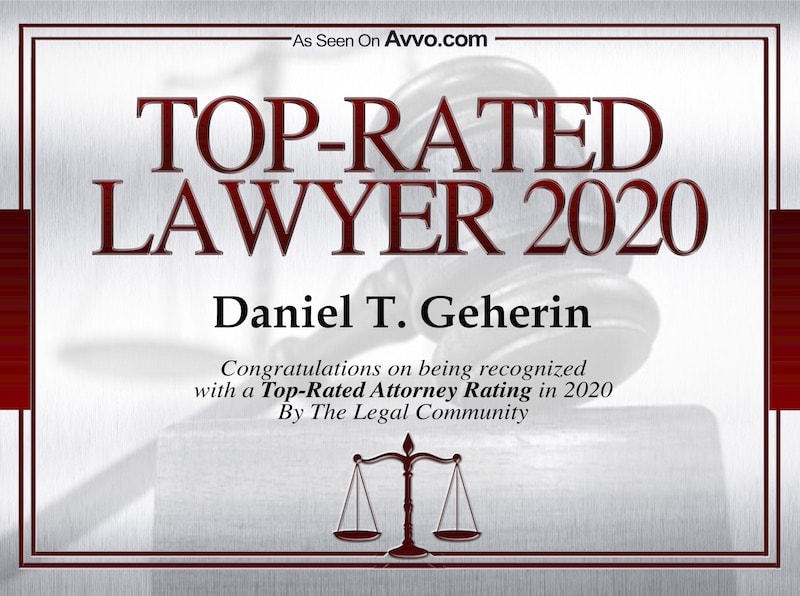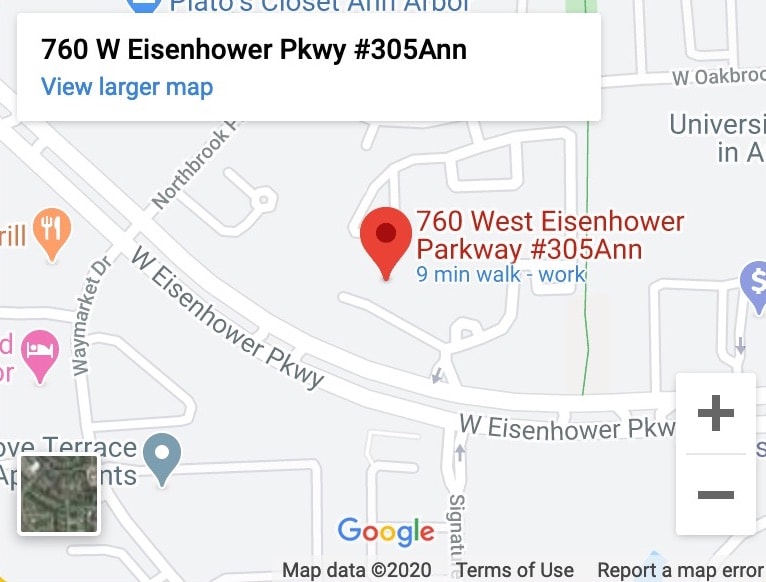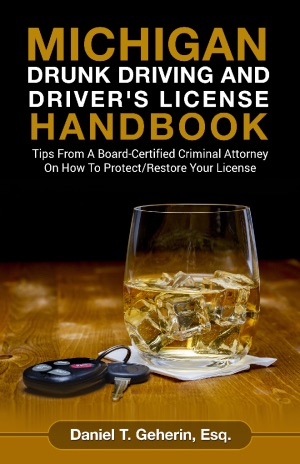Are Habitual Offenders Able to Get Their License Restored in Michigan?
Yes, you can restore your license in Michigan if you’re a habitual offender. However, the process is a bit more complicated than for one-time offenders.
How do I know if I’m considered a habitual offender?
Under section 303 of the Michigan Vehicle Code [the Code; MCL 257.303] certain combinations of alcohol and/or drug-related convictions lead to a presumption that a person is a "habitual offender." The law requires the Secretary of State to revoke that person's driver license. The law also requires the Secretary of State to deny a license for that person until he or she meets certain conditions.
The types of convictions that lead to the presumption are:
- Operating While Intoxicated, which includes:
- o Operating a vehicle under the influence of alcohol or drugs, or a combination of alcohol and drugs.
- o Operating a vehicle with a bodily alcohol content [BAC] of .08 or higher.
- o Operating a vehicle with a BAC of .17 or higher [High BAC].
- Operating While Impaired by alcohol or drugs, or a combination of alcohol and drugs.
- Operating a commercial vehicle with an alcohol content of .04 or higher.
- A person less than 21 years old ("Zero Tolerance") operating a vehicle with:
- Any presence of alcohol in the body, other than from alcohol consumed as part of a generally recognized religious service or ceremony
- An alcohol content of .02 or more, but less than .08
Two of those convictions within 7 years, or 3 of them within 10 years, lead to the presumption that you’re considered a habitual offender.
The sorts of things a habitual offender petitioner must prove at the license appeal hearing include:
- His or her alcohol and/or substance abuse problems, if any, are under control and are likely to remain under control.
- He or she represents a low or minimal risk of again driving drunk and/or drugged, or repeating his or her past abusive behavior regarding alcohol and/or drugs.
- He or she has the ability and motivation to drive safely and within the law.
- He or she has the minimum period of abstinence.
In addition to the substance abuse evaluation required before the hearing is scheduled, other evidence is encouraged to help the hearing officer decide whether to order restricted driving or full driving. Such evidence includes things like letters and documentation of abstinence and sobriety, and proof of involvement in a treatment or support program. A petitioner may also have witnesses testify at his or her hearing.
Want Your Driver’s License Reinstated in Michigan?
For all license appeal cases in Michigan, please contact Dan and his team at MiLicenseAttorney.com. We have the resources, experience and desire to fight zealously to restore your driver’s license in Michigan. We have a 21-year track record of proven success in restoring licenses.
For more information, contact us online, or call 24/7 (734) 263-2780.
GLG Michigan: We are the key to putting you back in the driver’s seat.

